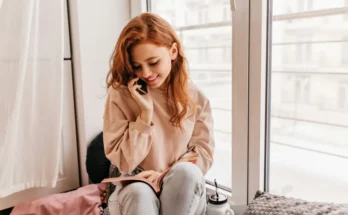At her grandfather’s funeral, 18-year-old Dahlia stood apart—grieving not just the man who had passed, but the only person who had ever truly seen her. While the rest of the family simmered with resentment over the paltry $1 inheritance each had received, Dahlia felt only emptiness. Her grandfather had been her refuge, her confidant, the one who made her feel like more than the “spare kid.”
As bitter whispers swirled around her—accusations of favoritism, suspicions that Dahlia had received something more—she remained silent. All she had was a red rose, placed gently among the white daisies on his coffin. It was a quiet rebellion, a symbol of the unique bond they shared.
Then, a stranger approached. No words—just a folded note slipped into her hand. Inside was a message from Grandpa, written in his unmistakable scrawl: “Kiddo, the treasure’s real. Go to the old shed. You’ll know what to do.”
Suddenly, the stories he used to tell—about hidden treasure, secret maps, and butterscotch bribes—weren’t just playful nonsense. They were clues.
Dahlia followed the trail to the shed behind Grandpa’s house, where she discovered a locked box and a key tucked inside a jar of candy. Inside the box: a letter, a map, and a deed. Grandpa had left her his cabin in the woods, the place where they’d spent summers laughing, fishing, and dreaming. It wasn’t just property—it was sanctuary. A place where she could write, think, and be herself.
The $1 inheritance had been a ruse, a final joke to expose the greed and entitlement of the others. But for Dahlia, the real inheritance was love, legacy, and a reminder that she mattered.
She laughed through her tears. Grandpa hadn’t just tricked them—he’d trusted her. And in doing so, he gave her something far more valuable than money: a sense of belonging, and a future shaped by memory and meaning


